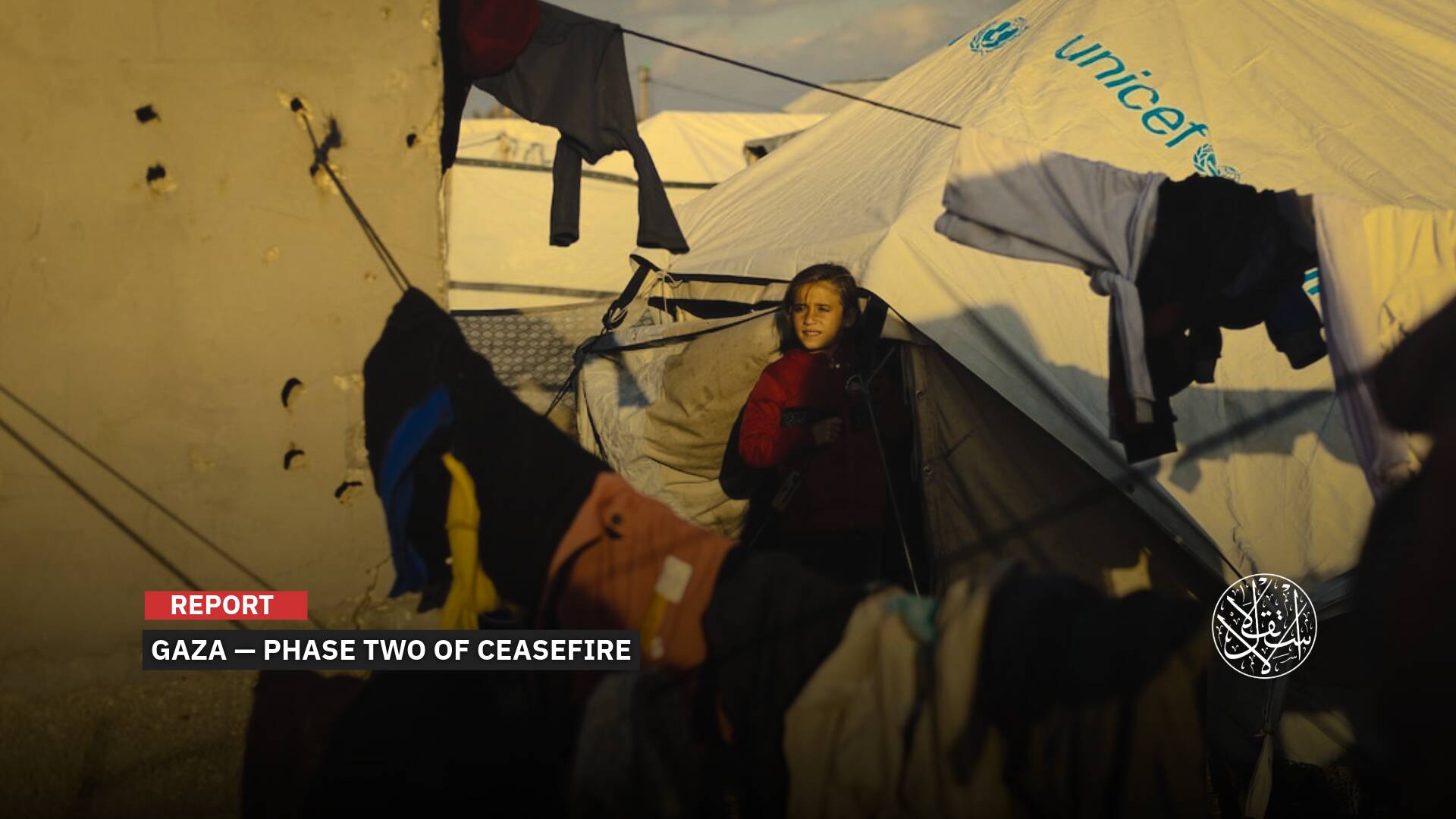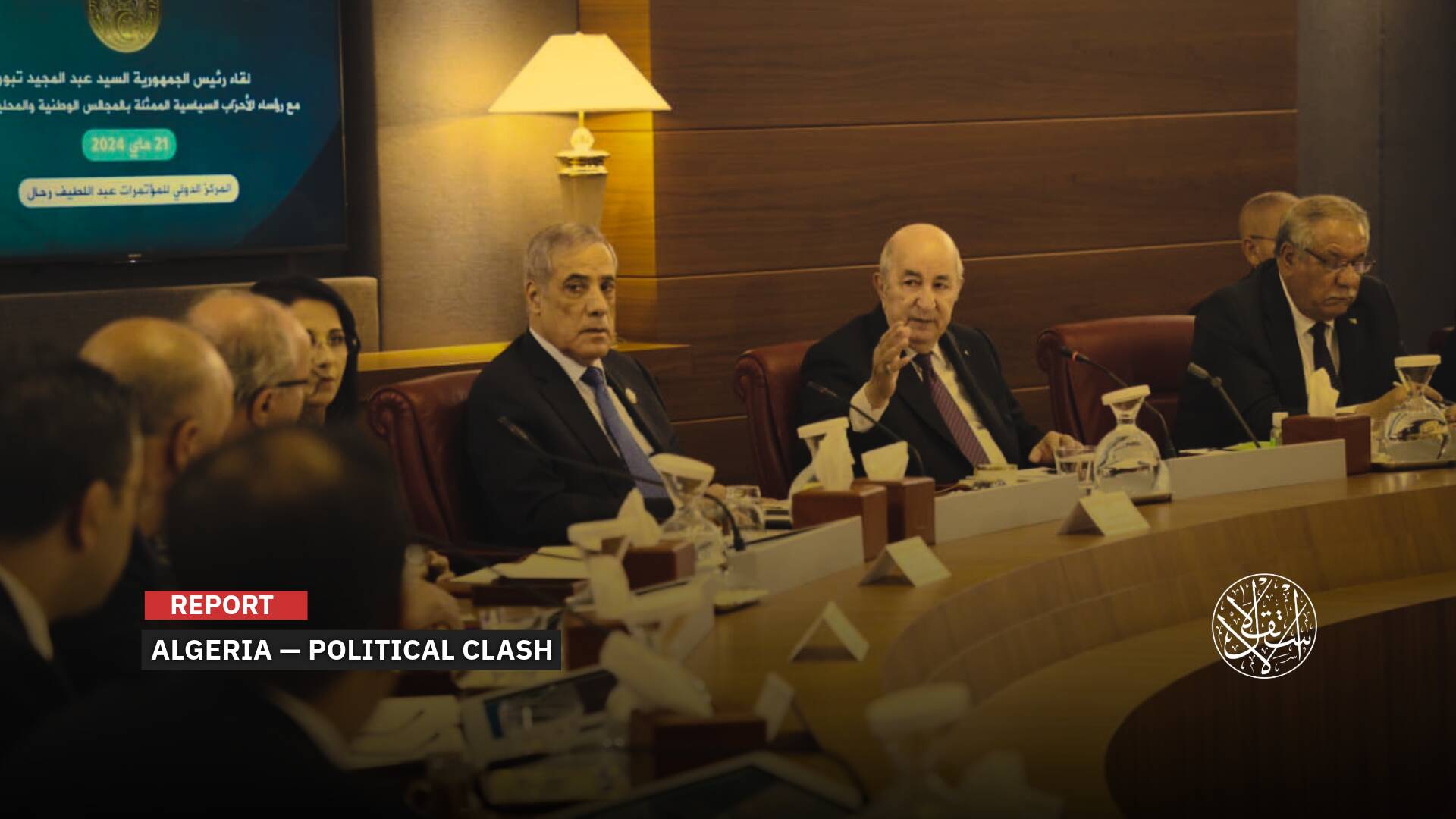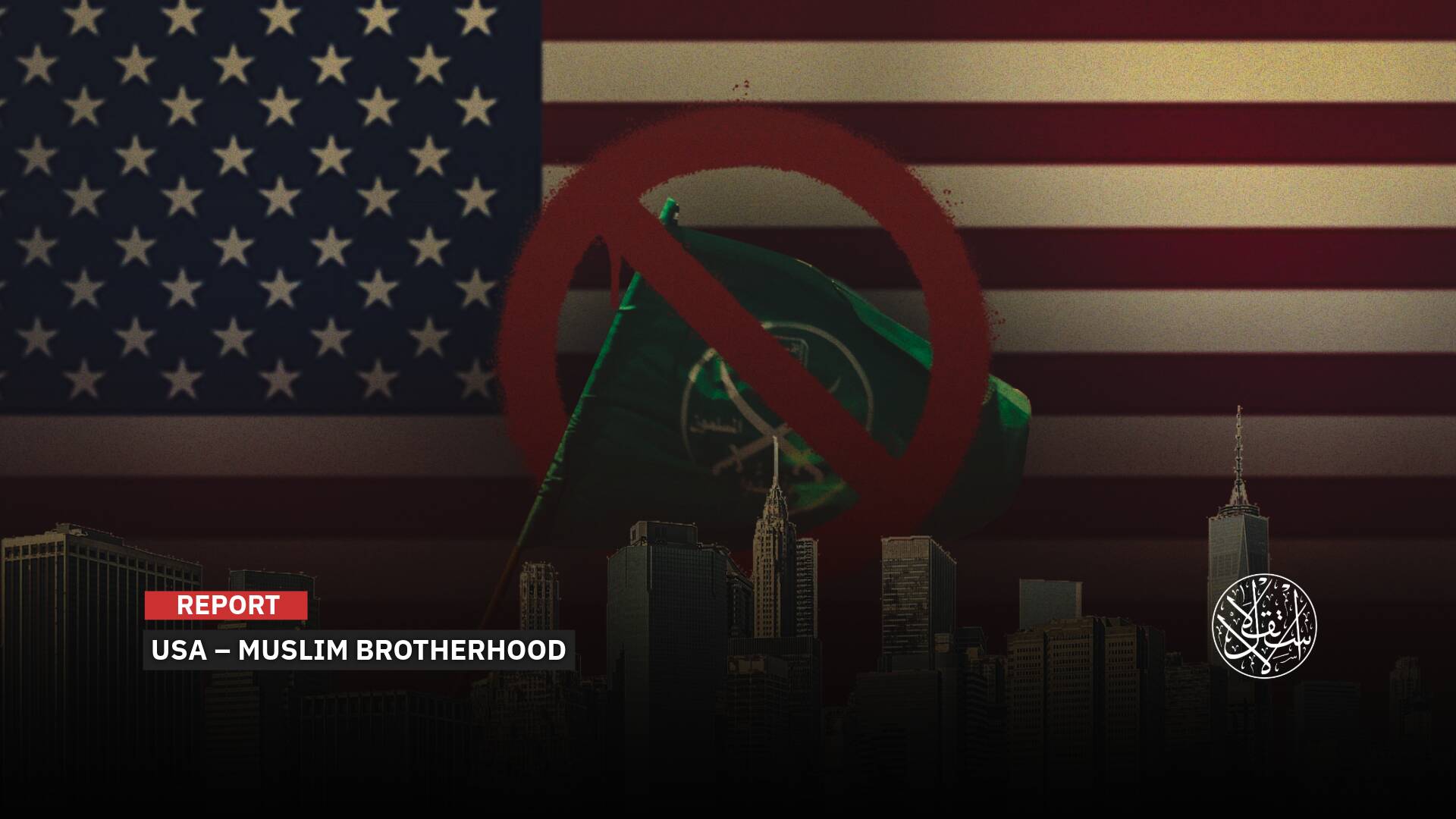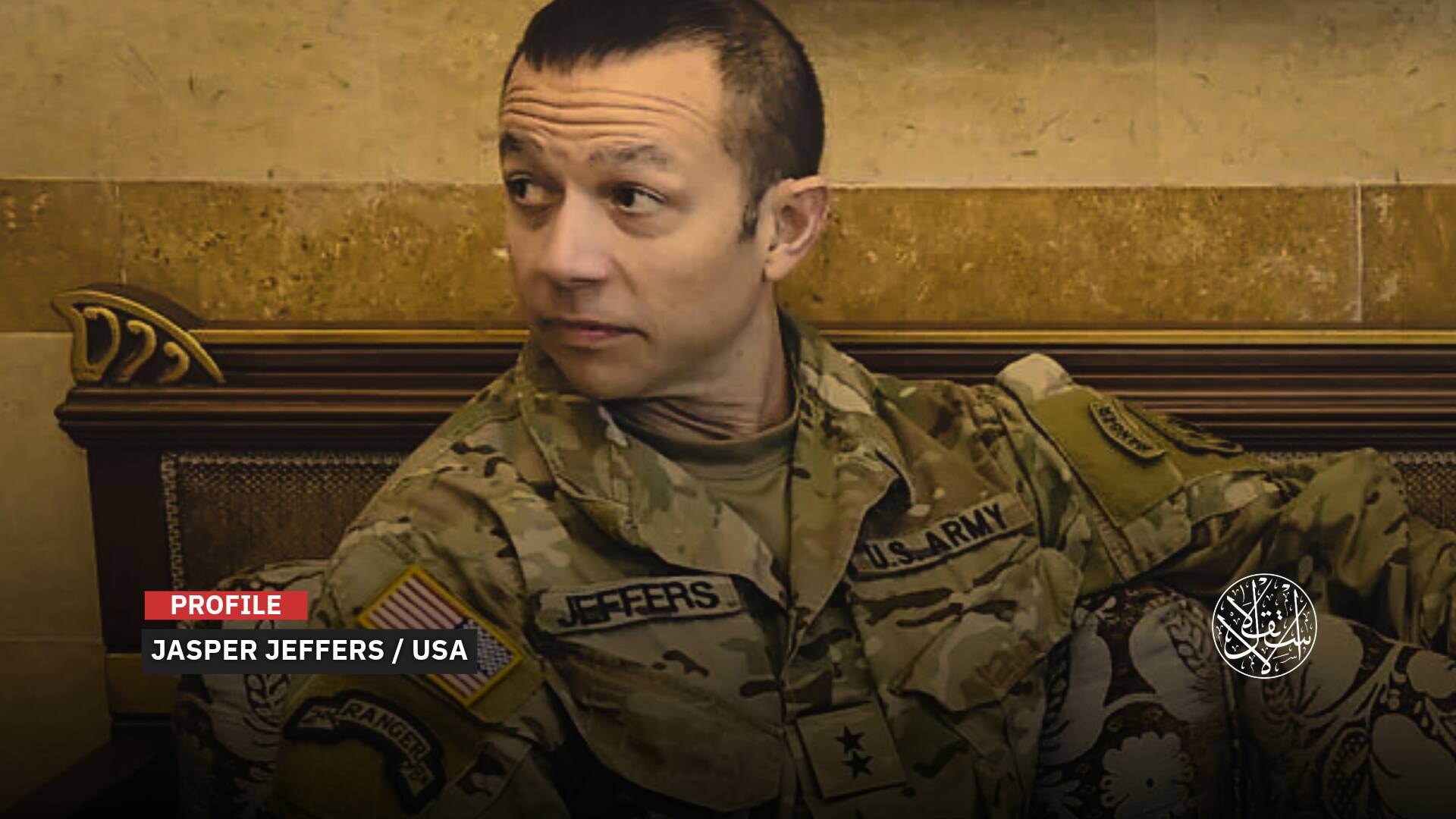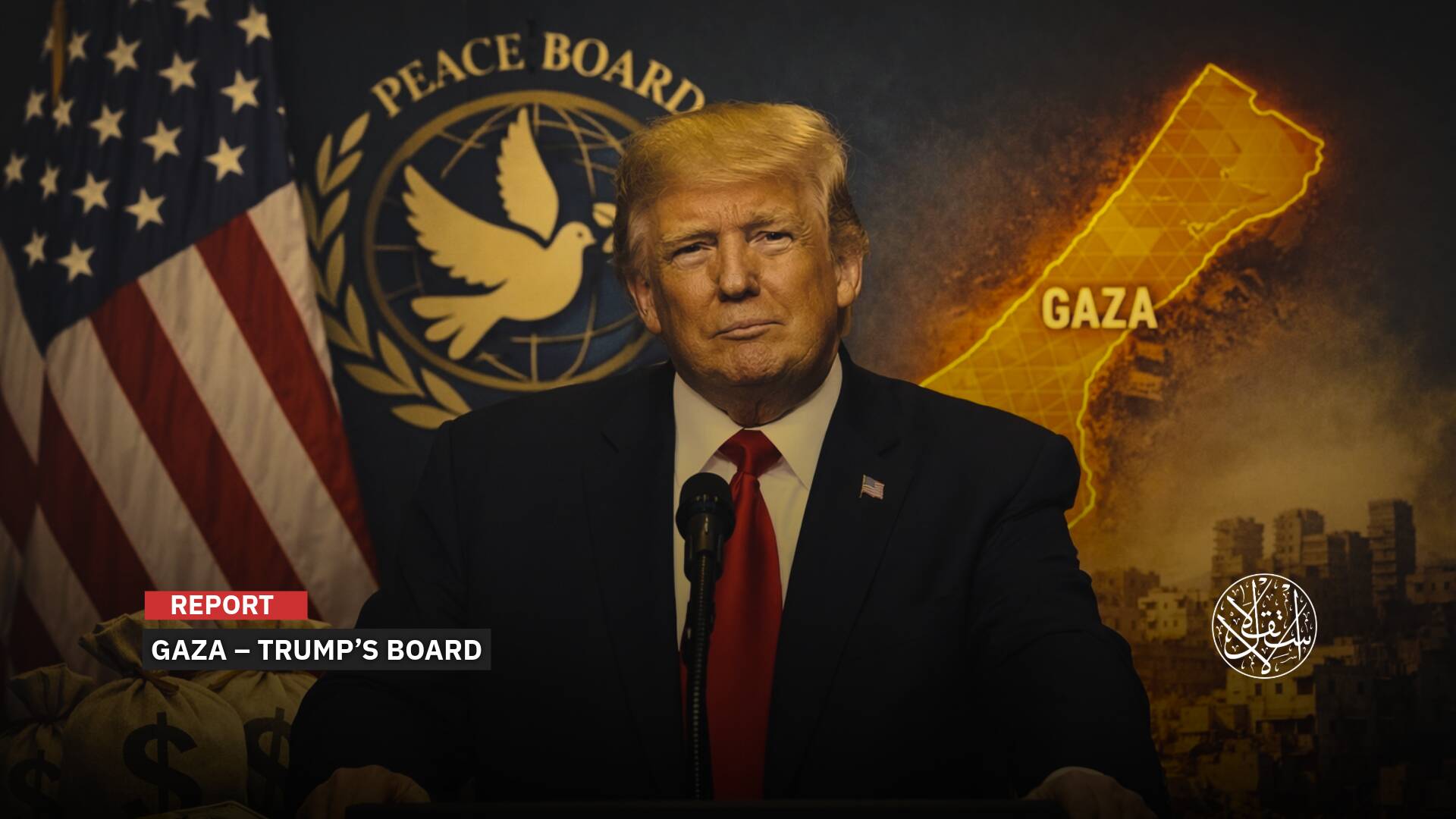How the Trump Administration Practices Ideological Discrimination Against Muslim Groups
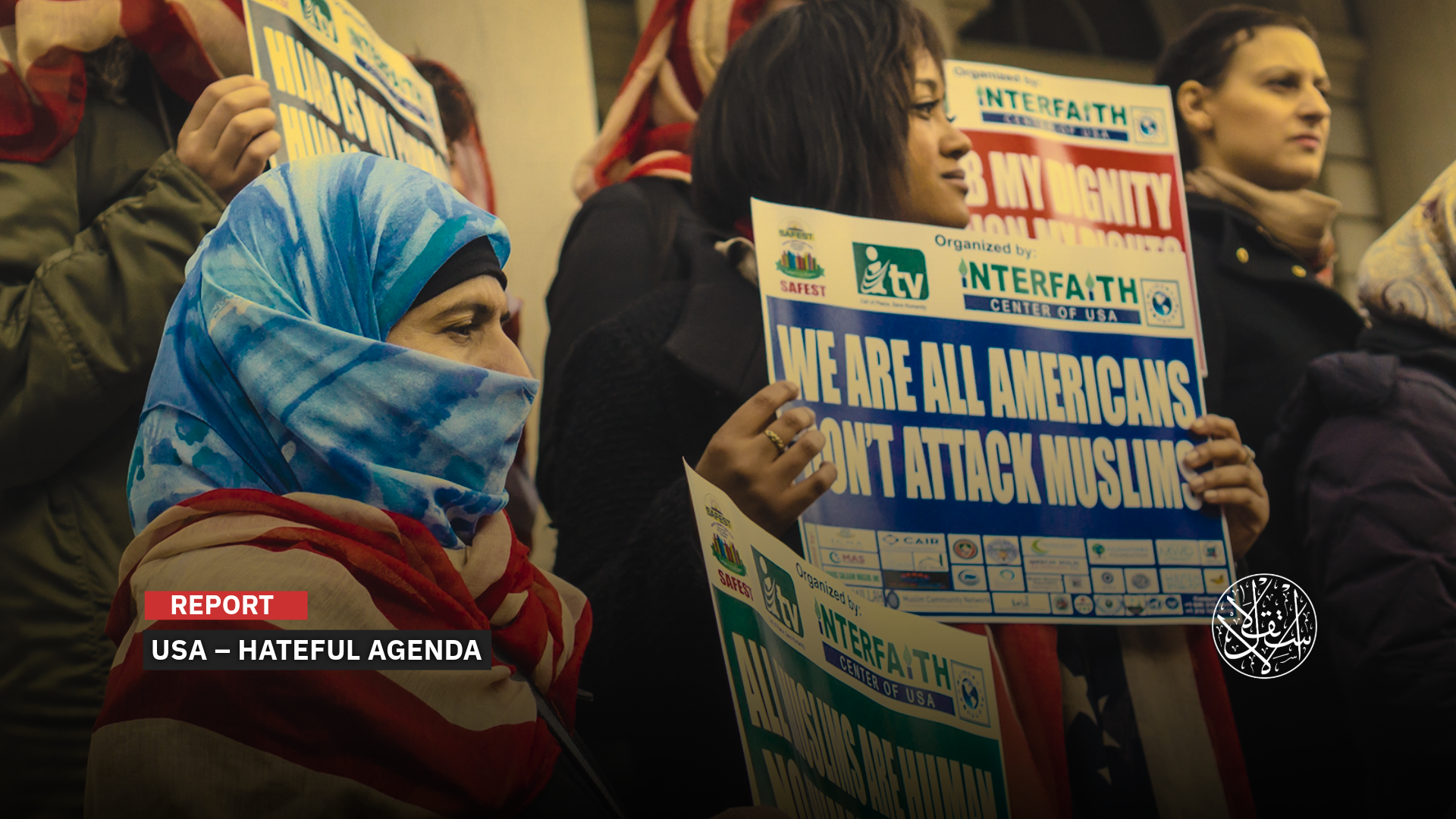
“A recent US report claimed that $25 million in grants went to terror-linked groups between 2013-2023.”
The United States recently suspended millions of dollars in aid to some Muslim institutions based on allegations by a well-known organization known for its hostility to Palestinians and Islam.
This decision sparked angry reactions from human rights organizations, who considered it a politically motivated discriminatory move.
Observers believe that this move opens the door to a dangerous politicization of federal grants, transforming them from a tool to protect religious communities from hate crimes into a weapon to punish anyone who criticizes “Israel”.
This also coincides with ideological campaigns aimed at intimidating and breaking the wave of global sympathy for the Palestinians, as well as silencing the Palestinian voice in Western society, especially after it has spread and has had a significant and alarming impact.
Arbitrary Suspension
In a move seen as a dangerous escalation, the US Department of Homeland Security (DHS) announced the suspension of more than $8 million in grants allocated to Muslim institutions, alleging links to terrorism.
This move is part of a broader effort to silence pro-Palestinian voices within the U.S. and dry up their funding sources by arbitrarily linking them to terrorism-related charges.
It also came in response to a report by the Middle East Forum (MEF), a pro-“Israel” American organization accused by human rights organizations of being anti-Muslim and anti-Palestinian.
The DHS said it had cut funding to 49 projects after the MEF report alleged that the US government had provided nearly $25 million between 2013 and 2023 to terror-linked institutions.
The funding came through the Federal Emergency Management Agency's (FEMA) Nonprofit Security Grants Program (NSGP), which aims to support religious institutions at risk of hate-motivated attacks by funding alarm systems, security cameras, and surveillance.
The DHS and the FEMA said in a statement that they conduct a comprehensive evaluation of all grants to eliminate waste, fraud, and abuse.
“Unlike the previous administration, grants will no longer be used to empower extremist organizations with questionable connections that do not serve the interests of the American people,” a spokesperson added.
Fox News also quoted a DHS official as confirming that the findings of the MEF report are being taken seriously, thanking conservative watchdog groups for their work.
The MEF report previously described the Council on American-Islamic Relations (CAIR), the largest Muslim advocacy organization in the U.S., which received $250,000 from FEMA, as having ties to Hamas.
This accusation was based solely on CAIR’s prior inclusion as an unindicted co-conspirator in the 2007 Holy Land Foundation trial, even though the organization was never charged.
The MEF report also targeted the Islamic Society of Baltimore for having previously been under FBI surveillance, as well as the Islamic Knowledge Institute of Michigan for its leaders’ criticism of Israel and comparisons of it to Nazism.
The decision comes within the broader context of campaigns by the second Trump administration and congressional Republicans against nonprofits critical of his policies, particularly those critical of “Israel”.
Trump has threatened universities like Harvard with losing their nonprofit status if they do not tighten restrictions on pro-Palestinian activism.
Previously, the DHS set conditions for its grants, requiring nonprofits to cooperate with Immigration and Customs Enforcement (ICE) and pledging not to boycott “Israel”.

Political Discrimination
While the DHS maintains that its goal is to protect national security, activists warn that targeting mosques and Islamic institutions in this manner could foster a climate of hatred and undermine the trust of broad segments of society in state institutions.
This move also puts the Trump administration in direct conflict with American civil rights organizations, which view the decision as discrimination against Muslims and a use of security policies to settle ideological scores.
CAIR believes this review is based on anti-Muslim rants by MEF, describing its founder, Daniel Pipes, as a racist.
“Mosques have the same legal right as churches and synagogues to request federal grants to enhance their security,” a CAIR spokesperson said.
He emphasized that CAIR does not currently have any active federal grants that the Department could revoke or review, asserting that the government has no right to deny funding to American institutions based on their religious identity or political positions.
He concluded his statement by accusing the DHS, headed by Kristi Noem, of making decisions based on an extremist ideological agenda that serves lobby groups that prioritize support for “Israel” over American civil rights and liberties.
CAIR recently urged organizations to withdraw from applying for DHS and FEMA grants — including the NSGP — unless DHS drops two new vetting rules.
Those provisions require recipients to cooperate with immigration officials and prohibit them from running programs tied to diversity, equity, inclusion, or aid to undocumented immigrants, as well as from engaging in certain discriminatory prohibited boycotts.

Ideological Incitement
During an interview on the Sid & Friends In the Morning podcast on August 19, US Secretary of State Marco Rubio publicly revealed the Trump administration's intention to legally target CAIR by preparing evidence and documents to support these accusations.
“We are constantly reviewing organizations that may be redesignated as supporters of terrorism or terrorists themselves,” he added.
In response, CAIR national litigation director and general counsel Lena Masri described Rubio's statements as irrational.
“Your response, whether intentional or not, seemed to raise the possibility that the State Department was trying to find a way to weaponize federal terrorism laws against CAIR and other American Muslim organizations, based on a debunked conspiracy theory,” she said.
In a related context, media outlets, political figures, and religious figures have also attempted to demonize CAIR and other American organizations supporting Palestinians with accusations of terrorism or anti-Semitism.
Rabbi Yaakov Menken, the managing director of the Jewish Values Coalition, a staunchly pro-“Israel” American Jewish organization, attempted in an article to link CAIR to terrorism.
He claimed that many of the extremist attacks that have taken place in US churches over the past years were linked to CAIR's pro-Palestinian rhetoric.
The extremist rabbi attempted to portray CAIR as a hate group, calling on the American public to treat it according to that image rather than its well-known official image as a civil rights organization.
Republican Sen. Tom Cotton recently launched sharp criticism of CAIR, sending a letter to the tax authority demanding that its non-profit status be revoked, accusing the organization of having links to terrorist activities linked to Hamas and the Muslim Brotherhood.
In June, Florida Republican Rep. Randy Fine introduced a bill to designate CAIR as a foreign terrorist organization.
He had previously passed similar legislation in the Florida House of Representatives in 2024 that ordered state agencies and local governments to suspend their relationship with CAIR.
In turn, CAIR attributed the campaign to its public stance on the Israeli genocide in Gaza, noting that this is the real reason behind the anger of conservative lawmakers and pro-“Israel” lobby groups.
It defended its human rights record over many years, noting that it is under attack from extremist groups of all stripes, and that for 30 years it has been speaking out against all forms of discrimination, hatred, racism, Islamophobia, and anti-Semitism.
It also explained that it has spent years refuting the claims of anti-Muslim extremists and Muslim extremists—such as ISIS—who attempt to portray Islam as a religion of violence.
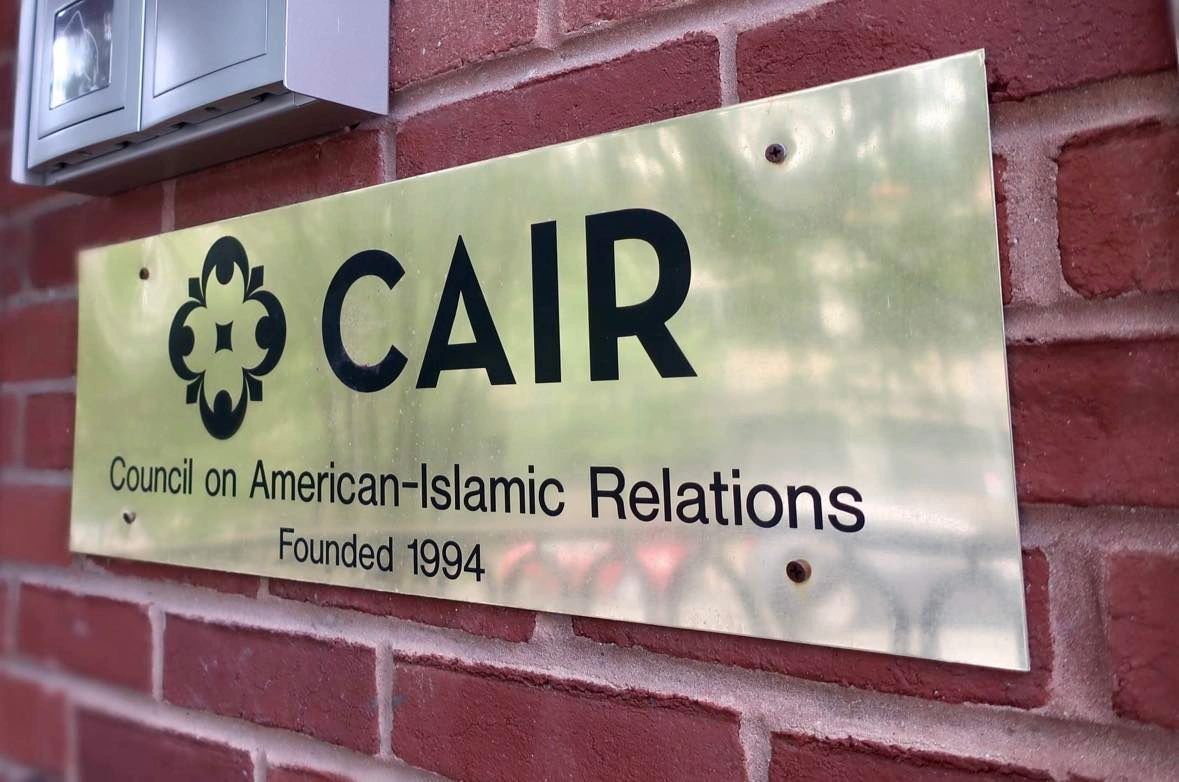
Negative Effects
There are indications that a large portion of US anti-terrorism laws have been driven by anti-Palestinian agendas from their inception, most notably the Material Support to Terrorism law, which has become a weapon to criminalize political and human rights support for Palestinians.
There are many examples of this, including the Boycott, Divestment, and Sanctions (BDS) movement, launched by Palestinian organizations in 2005 with the aim of pressuring “Israel” to end the occupation and achieve Palestinian rights.
BDS has been subjected to widespread smear campaigns. It has been designated a terrorist movement by some US governments and numerous organizations, and its bank accounts have been frozen, restricting its fundraising and project implementation activities.
On November 21, 2024, the U.S. House of Representatives passed a bill (H.R. 9495), known as the Stop Terrorist Financing and Tax Sanctions on American Hostages Act, which makes it easier for the U.S. government to terminate the tax-exempt status of organizations that support terrorism, including organizations working for Palestinian rights.
Rep. Virginia Foxx also introduced the Economic Freedom Protection Act (H.R. 10257), which would bar any US educational institution that participates in a commercial boycott of “Israel” from receiving federal student aid.
Dozens of lawsuits have been filed to intimidate pro-Palestinian and anti-Israeli activists, both institutions and individuals. Some of these lawsuits have been dismissed, while others have been dismissed by court order.
Last July, a federal judge blocked a Trump executive order targeting International Criminal Court employees after the court attempted to prosecute Israeli officials for war crimes.
Last week, another federal judge dismissed a lawsuit accusing pro-Palestinian organizations, including Students for Justice in Palestine (SJP), of spreading Hamas propaganda.
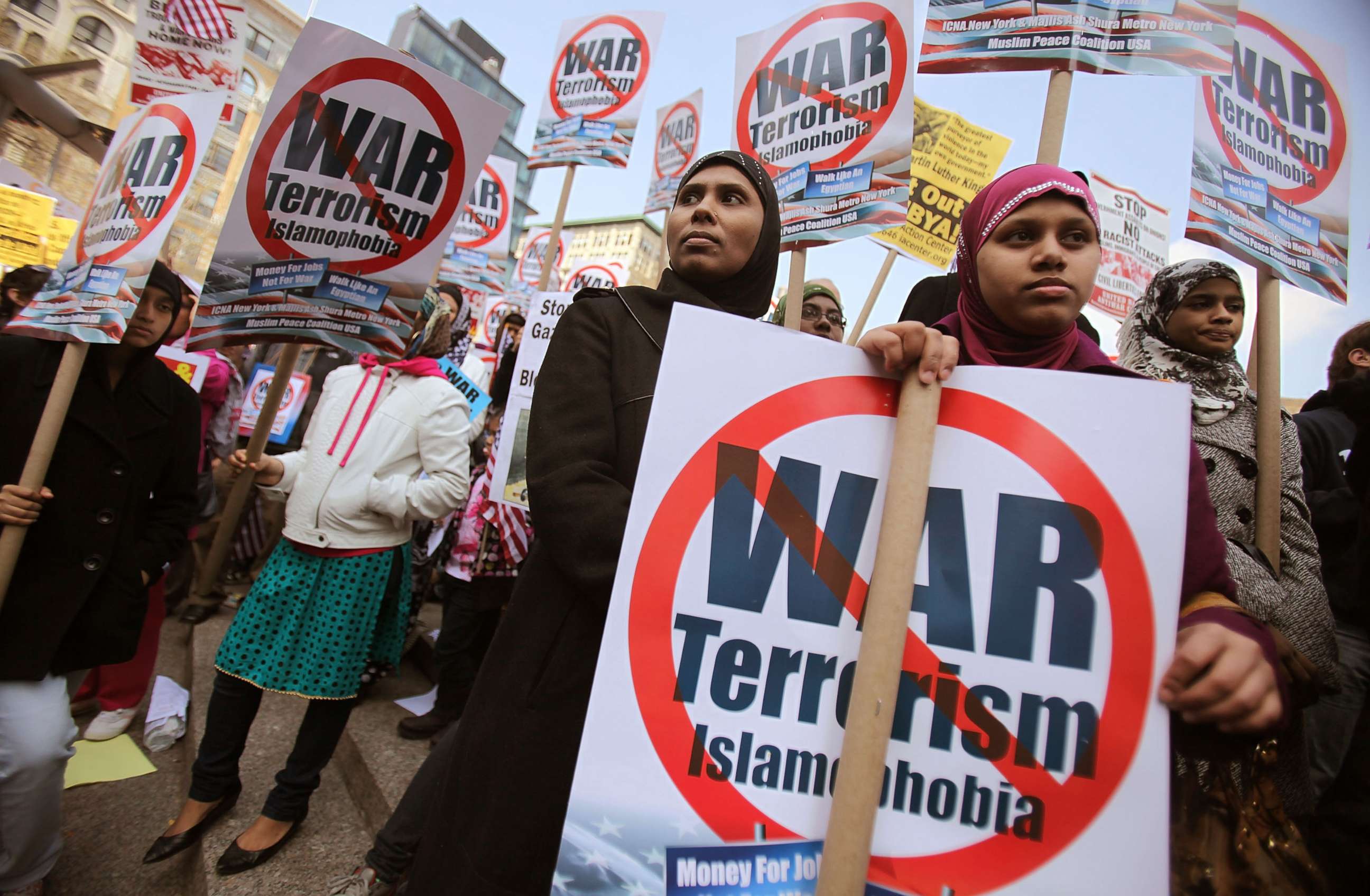
Fatima Bader, media officer for the BDS movement, explained to Al-Estiklal that using the rhetoric of ‘the war on terror’ to criminalize solidarity with Palestinians will have negative repercussions on human rights and democratic movements and on the voice of support for Palestine in the West.
“In the face of these pressures, many human rights organizations may find themselves forced to back down from their positions or modify their rhetoric to avoid legal prosecution or media distortion, which could weaken their ability to defend the rights of the Palestinian people,” she said.
She noted that such arbitrary measures have exposed the duplicity of Western policy in its handling of the Palestinian cause in particular, and human rights in general.
She concluded that while the resistance—which is defending its land—is classified as a terrorist entity, and anyone who dares to support the Palestinians is persecuted, “Israel” is presented as a key ally in ‘the war on terror’, and its violations are legitimized under the pretext of ‘self-defense’.
Sources
- DHS pulls funding from groups with ‘alleged terrorist ties’ after watchdog report
- Secretary of State Marco Rubio with Sid Rosenberg of Sid and Friends in the Morning
- CAIR Not Only Inspires Terrorists. It's Historically Linked to Them | Opinion
- Florida rep introduces legislation to designate CAIR a terror group
- The Ongoing Suppression of Pro-Palestinian Advocacy in the United States




